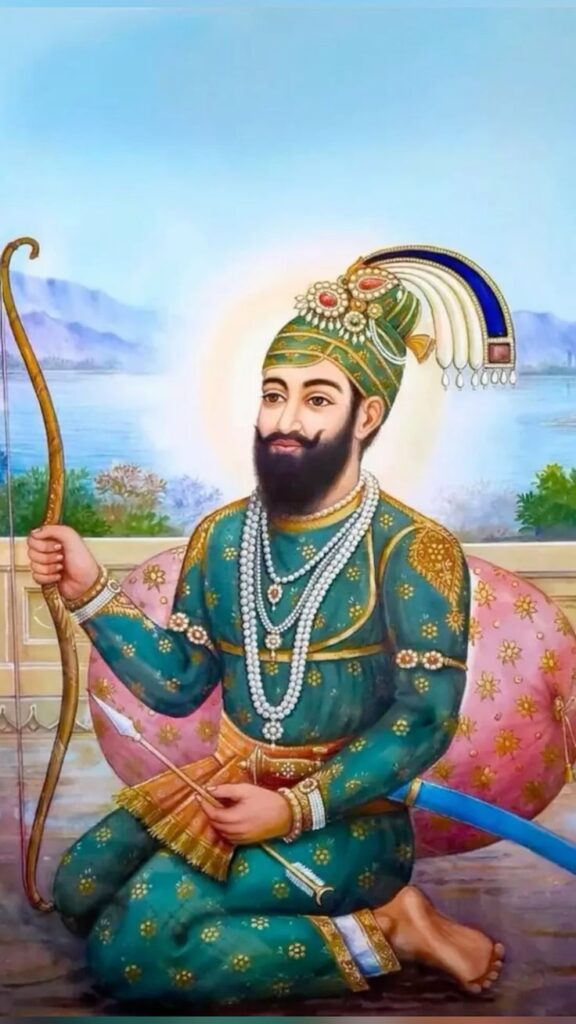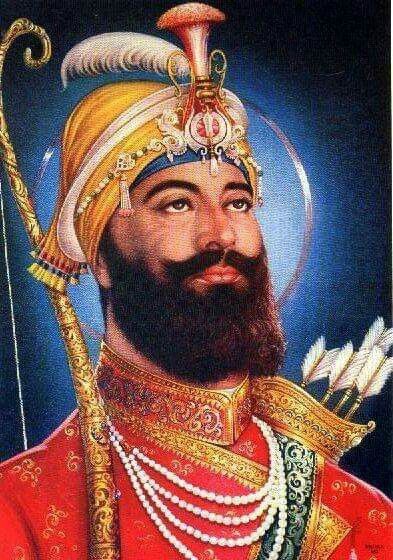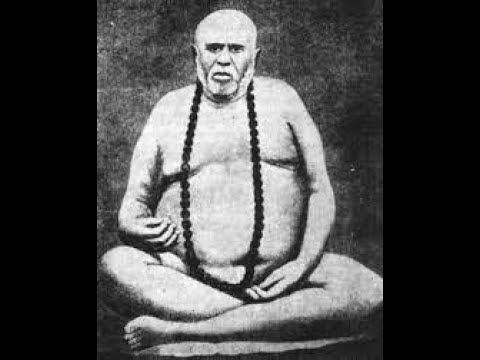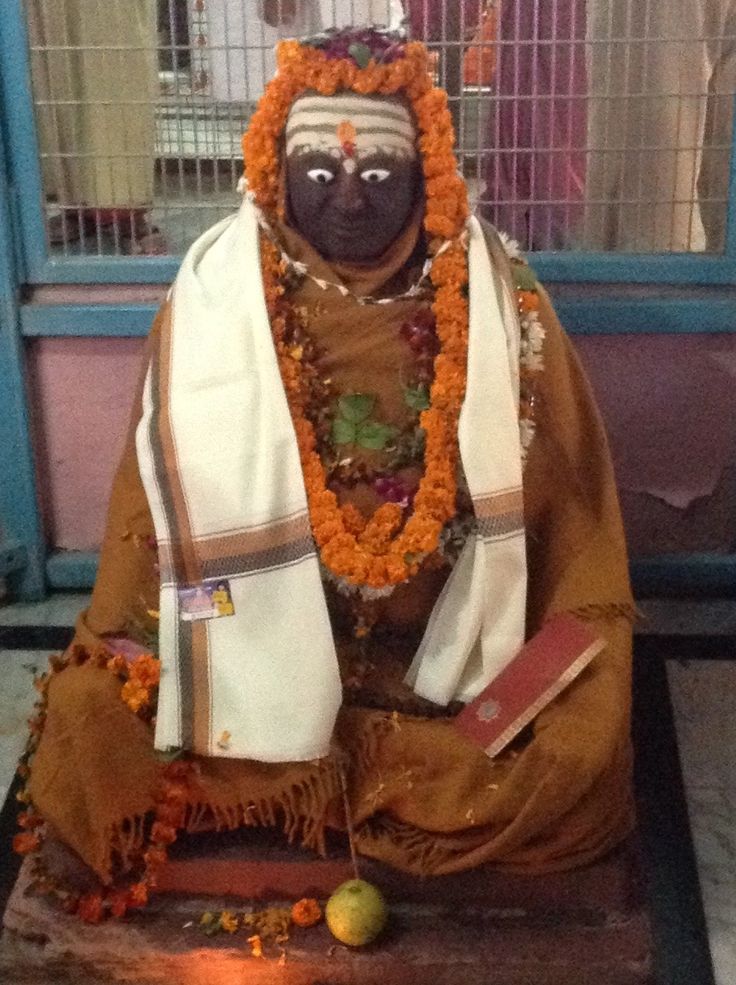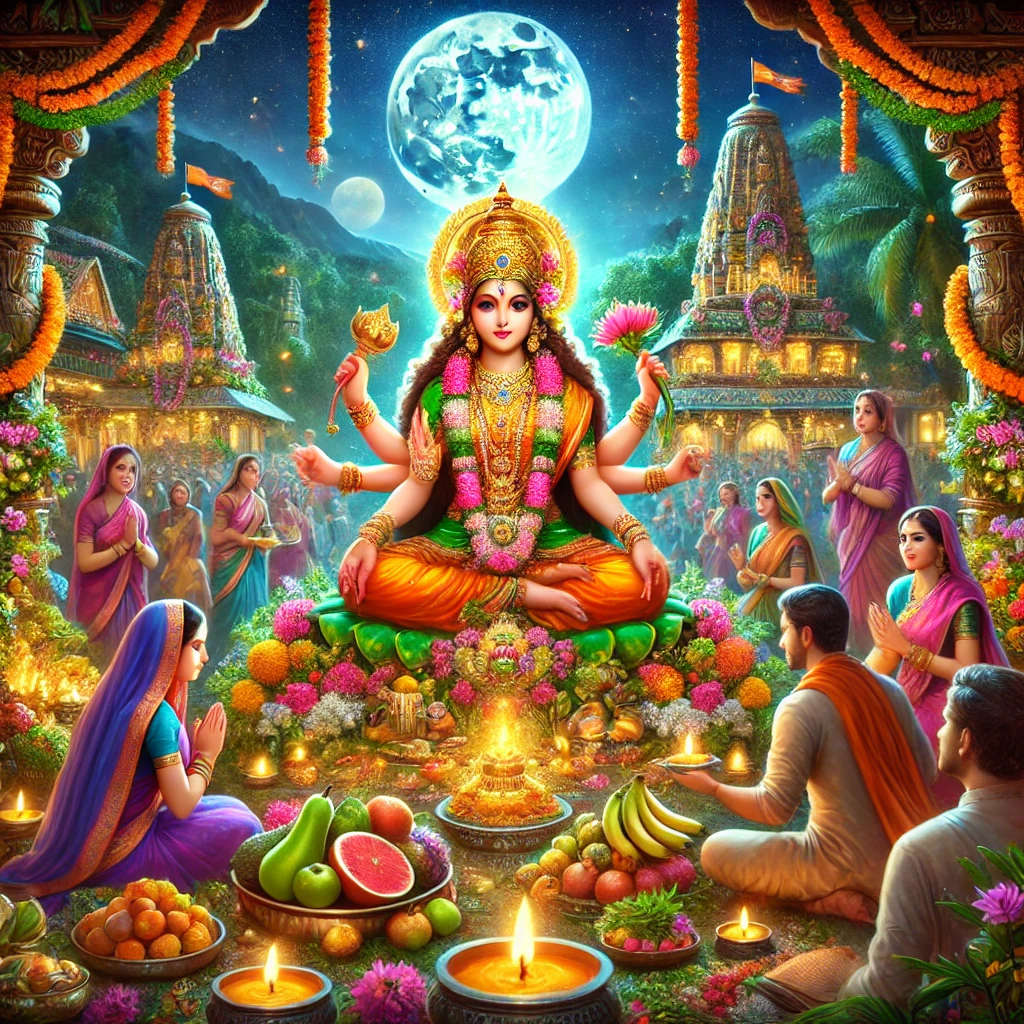GuruGobind Singh Ji : A Saint and Legendary Warrior
Introduction
An exemplary warrior-saint by the name of Guru Gobind Singh Ji arose in the lovely land of Punjab long ago to lead his people with insight, courage, and spirituality. In addition to being a skilled fighter, he was also a spiritual teacher who helped his students overcome the demons they carried within.
Not just any leader could have been Guru Gobind Singh Ji, the tenth Sikh Guru. His life was a thrilling novella brimming with heroic deeds, acts of generosity, and selflessness. Many were moved to action in pursuit of faith, equality, and justice by his teachings. Guru Gobind Singh Ji is a fascinating historical figure; let’s learn more about his life and the impact he had.
Infancy: The Birth of a Star
Patna, Bihar was the site of Guru Gobind Singh Ji’s birth on 22nd December 1666. Guru Tegh Bahadur Ji, the ninth Guru, and Mata Gujri Ji, his parents, gave him the name Gobind Rai. Gobind Rai shown exceptional talent at an early age. Envision a courageous, inquisitive, and bright young man who studied spiritual texts alongside archery, horseback riding, and sword combat.
The extraordinary occurred while Gobind Rai was only nine years old. His father, Guru Tegh Bahadur Ji, died defending the rights of oppressed Hindus to practice their faith freely. Gobind Rai, who became the next Guru at the young age of thirteen, was profoundly affected by the courage of Guru Tegh Bahadur Ji. The immense burden of guiding the Sikh community was something he assumed even as a young boy.
When the Khalsa Was Founded
The establishment of the Khalsa is one of the most riveting episodes in the life of Guru Gobind Singh Ji. Visualize a massive assembly happening during the Vaisakhi festival on April 13, 1699. Anandpur Sahib was filled to capacity with thousands of Sikhs eager to hear the teachings of their Guru. What an incredible act Guru Gobind Singh Ji did—he stepped out with a sword in his hand and demanded, “Who among you is willing to sacrifice their life for their faith?”
As the onlookers grew quiet, one courageous man rose to his feet. After bringing him inside a tent, Guru Gobind Singh Ji came back with what appeared to be blood on his sword. He continued in this manner until a total of five men had volunteered. Guru Gobind Singh Ji startled everyone by revealing the truth. The Panj Pyare, or the Five Beloved Ones, were a group of five guys who had miraculously survived the ordeal. A new brotherhood, the Khalsa, which means “The Pure,” was instituted after their baptism, a testament to their tremendous bravery.
Justice, equality, and righteousness were the tenets of the Khalsa, a band of warriors. The Five Ks are the five emblems that Guru Gobind Singh Ji bestowed upon them:
- Uncut hair, or kesh, is a sign of purity.
- The Kangha, a wooden comb, represents purity.
- Kara – A symbol of self-control worn as a bracelet made of steel.
- Kachera – a symbol of self-control – are cotton underwear.
- The Kirpan, a sword, stands for bravery and protecting the defenseless.
The formation of the Khalsa marked a watershed moment because it brought the Sikhs together as a brave and disciplined group.
A Warrior Like No Other
An Unparalleled Warrior Guru In addition to being a revered spiritual leader, Gobind Singh Ji fought valiantly in numerous conflicts to free his people from oppression. Even in the face of overwhelming odds, he remained steadfast in his faith in God and his resolve.
Famously, Guru Gobind Singh Ji led a small army of forty fighters in the Battle of Chamkaur Sahib against a legion of enemy soldiers. Despite all the obstacles, Guru Gobind Singh Ji shown remarkable bravery. Although he suffered the deaths of his two eldest sons in this conflict, he was unfazed.
The tragic deaths of his younger sons, Sahibzada Zorawar Singh and Sahibzada Fateh Singh, were another sorrowful event in his life. Because they would not abandon their beliefs, their adversaries bricked them alive when they were just nine and six years old, respectively. The unwavering devotion and selflessness demonstrated by Guru Gobind Singh Ji’s family was an inspiration to everybody.
A Philosopher and Poet
I bet you didn’t realize how accomplished a poet and philosopher Guru Gobind Singh Ji was. He penned numerous enlightening and contemplative works in languages such as Braj, Punjabi, and Persian. Jaap Sahib, an uplifting prayer that glorifies God in different forms, and the Dasam Granth, a compilation of hymns, are two of his most well-known compositions.
Guru Gobind Singh Ji proclaimed universal equality of all people and the unity of God in his writings. Fear and hatred, he said, must be overcome if people are to live courageously and with dignity.
Guru Gobind Singh Ji’s Teachings on Values
A life lived by Guru Gobind Singh Ji was like a chest full of valuable treasures. Some key takeaways from his life and work are as follows:
- Bravery: Defending justice no matter the odds is something you should never be scared to do.
- Equality: No matter your gender, religion, or social status, you have the right to be treated fairly and with respect.
Thirdly, maintain a relationship with God and your own inner strength.
Fourth, Sacrifice: Giving something valuable up for a bigger purpose is sometimes necessary. - Maintain a disciplined and meaningful lifestyle.
Interesting Trivia About Guru Gobind Singh Ji
One of the 10 Sikh gurus, Guru Gobind Singh Ji, was the final. The Sikh sacred text Guru Granth Sahib was proclaimed the immortal Guru by him just before he passed away.
- His strategic acumen and keen intelligence earned him the reputation of being the victor in tough conflicts.
- He had an exceptional command of multiple languages and could converse eloquently in Punjabi, Braj, Sanskrit, and Persian.
- Dilbagh was Guru Gobind Singh Ji’s particular white horse. Guru Gobind Singh Ji adored animals.
- A new method of greeting was developed by him: “Waheguru Ji Ka Khalsa, Waheguru Ji Ki Fateh!”, which means “The Khalsa belongs to God, and so does the victory!”
Conclusion
The life of Guru Gobind Singh Ji is a moving account of bravery, sagacity, and compassion for all people. He shone as an example of optimism and fairness for all people, not only Sikhs. His words serve as a constant reminder that we have the strength to persevere through adversity when we put our faith in God.
Remember the warrior-saint Guru Gobind Singh Ji the next time you hear his name; he taught people everywhere to live bravely and honorably. Millions of people are still moved by his life and work, and his tale will go on as an illuminating part of human history.
